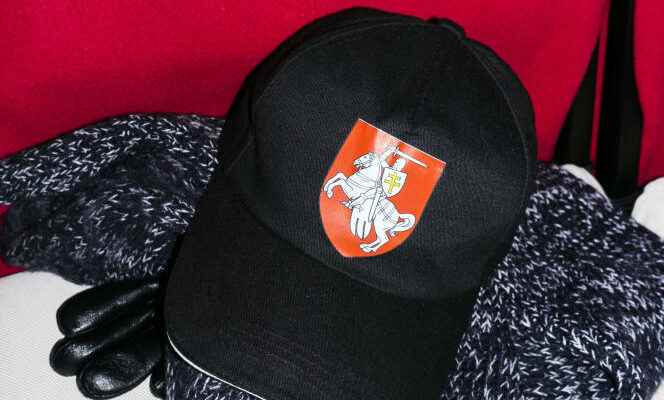Seated at a cafe run by a Polish dissident from the communist era, Youri Ravavoi, a trade unionist who had left his native Belarus in September 2020, tracked by the KGB, would never have thought he was still in Poland two years later. Like hundreds of thousands of Belarusians at the time, this young dad denounced the fraudulent August 2020 elections and expected dictator Alexander Lukashenko to give in to pressure from the streets. This trade unionist had even set up a strike committee within Grodno Azot, the fertilizer factory where he was employed. But, faced with the repression that is raging more than ever in Alexander Lukashenko’s Belarus, thousands of dissidents like him have no other choice but to take the road to exile. Like the Human Rights Center, Viasna, now based in Lithuania. Its founder, Ales Bialiatski, was unable to attend the ceremony to award his Nobel Peace Prize in Oslo on Saturday December 10. And for good reason: he has been imprisoned since 2021, like more than 1,400 political prisoners, reports his organization. In two years, NGOs, media and independent trade unions have been neutralized one after the other and their leaders arrested.
Those who have been forced to settle abroad have not given up their fight. But the geographical distance and the caution required to avoid the imprisonment of colleagues who remained in the country made their task particularly arduous. Some, like Youri Ravavoi, had to change their minds. “In the spring of 2021, we realized that we would never get the many strikers needed for a new movement, and that we should instead help those who needed it to obtain visas and settle abroad. »
This 29-year-old Belarusian has been lucky enough to find a job that suits him like a glove: he is now an employee of the international department of the Polish trade union Solidarnosc. Its affiliate union, the Belarusian Independent Trade Union, was banned by the Minsk regime in April 2022. And its leader was sentenced to five years in a penal colony in November 2022. A blow for Youri Ravavoi, who is in charge of organize financial support for the families of around 30 trade unionists behind bars.
“Heavy prison sentences”
In his fight for a democratic Belarus, this engineer does not hesitate to involve his fellow workers in state companies. “They can’t protest, but they can gather information,” he argues mischievously. As proof of this, he points to the information provided by the railway workers who notably made it possible to hinder the movement of Russian troops transiting through Belarus in the direction of Ukraine, at the start of the war.
You have 46.94% of this article left to read. The following is for subscribers only.
